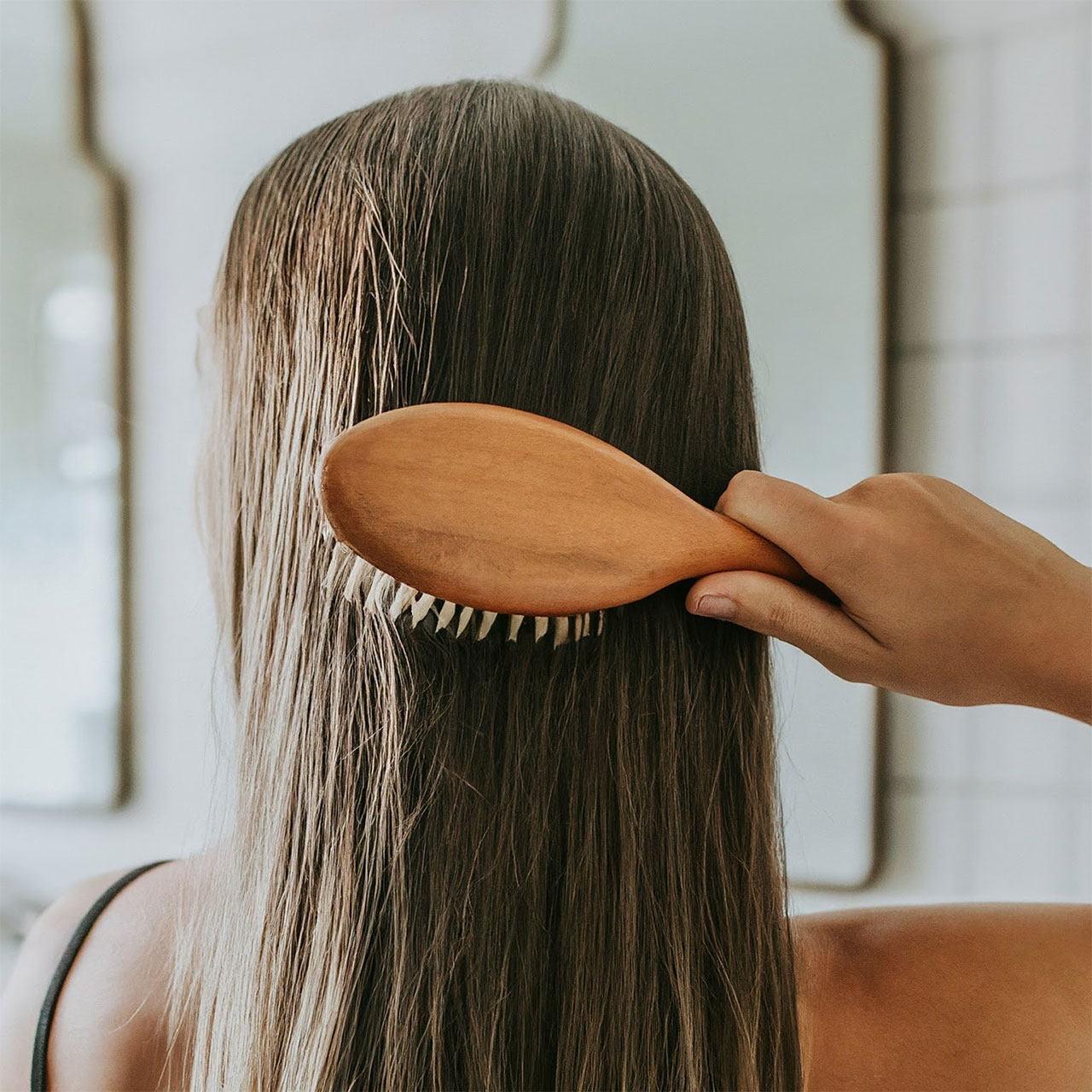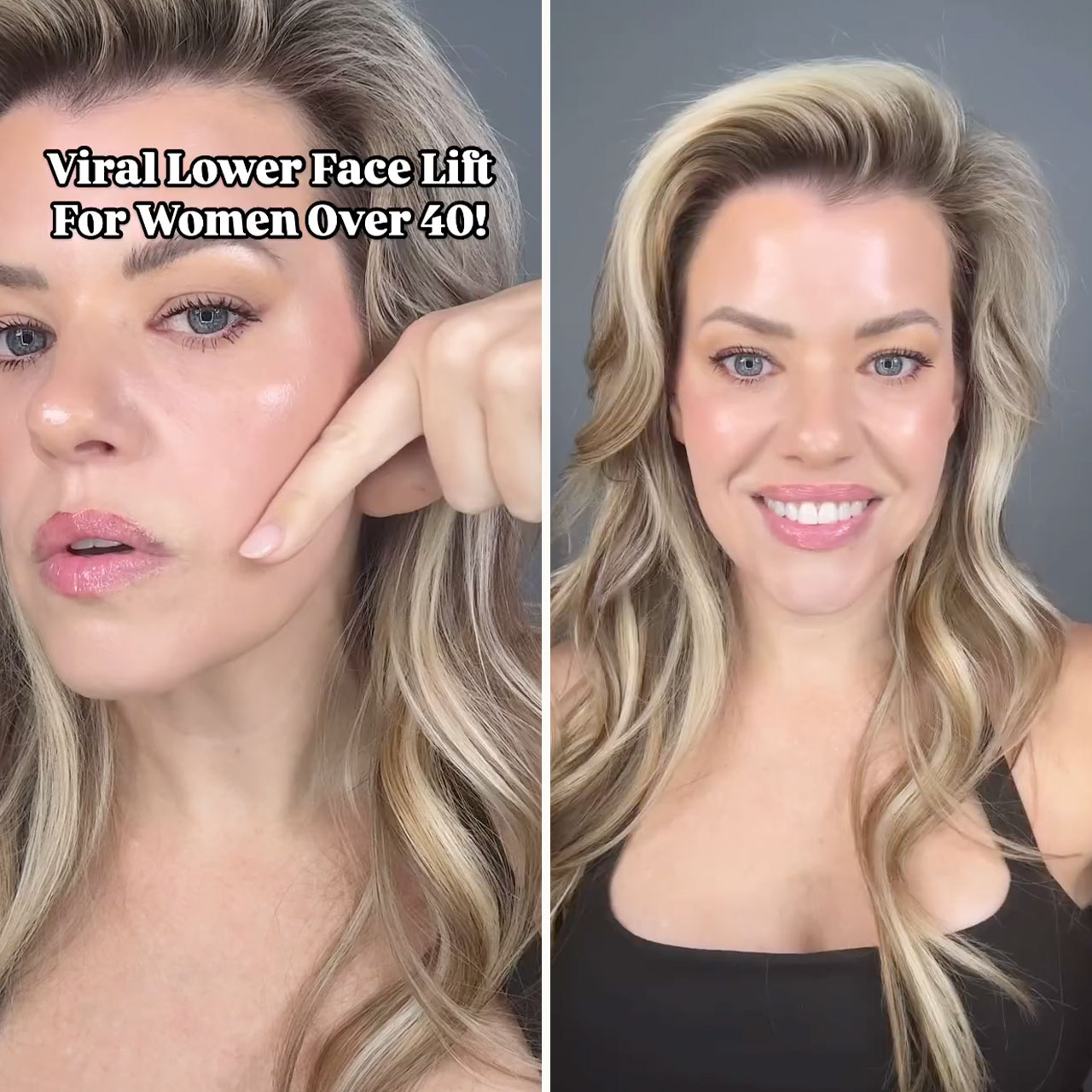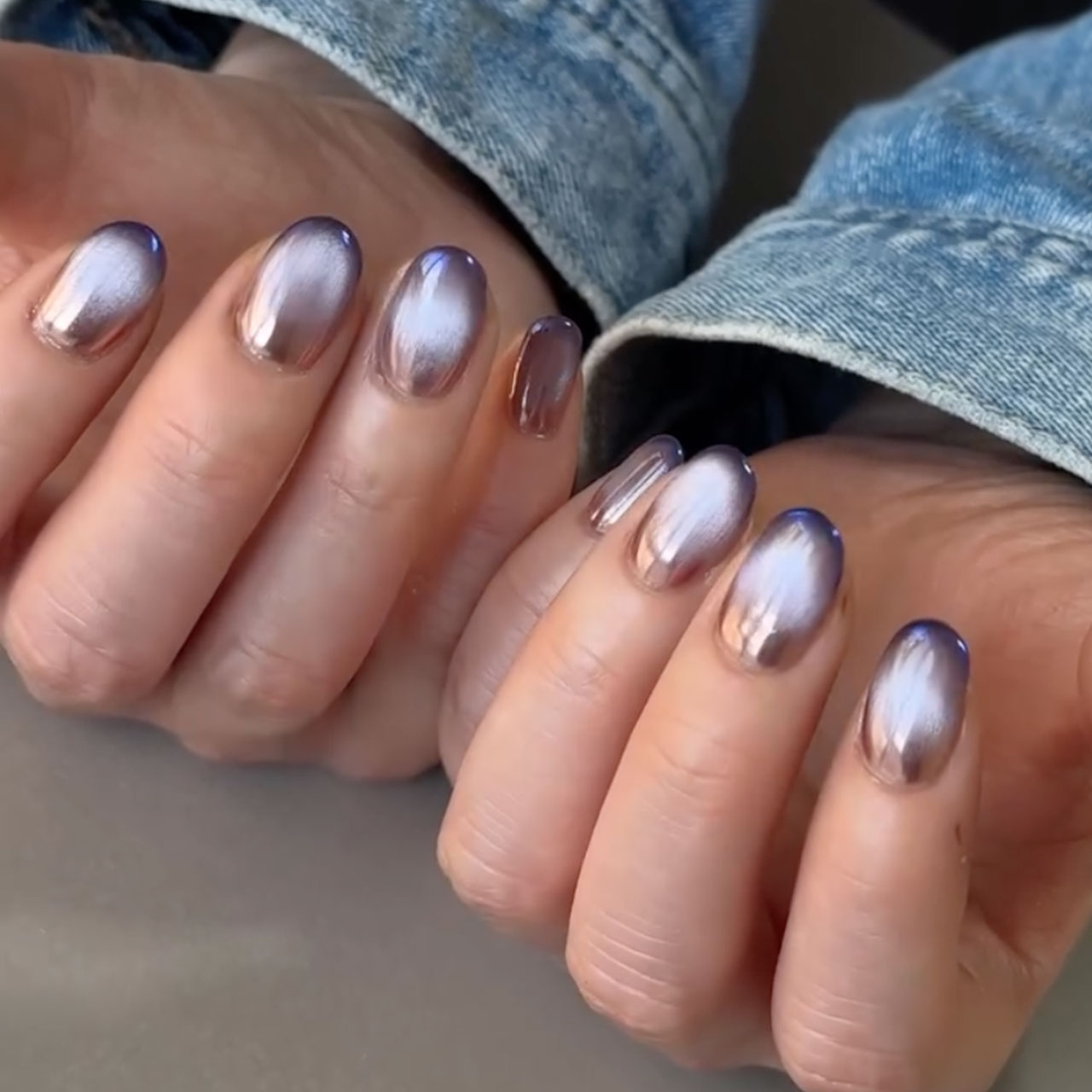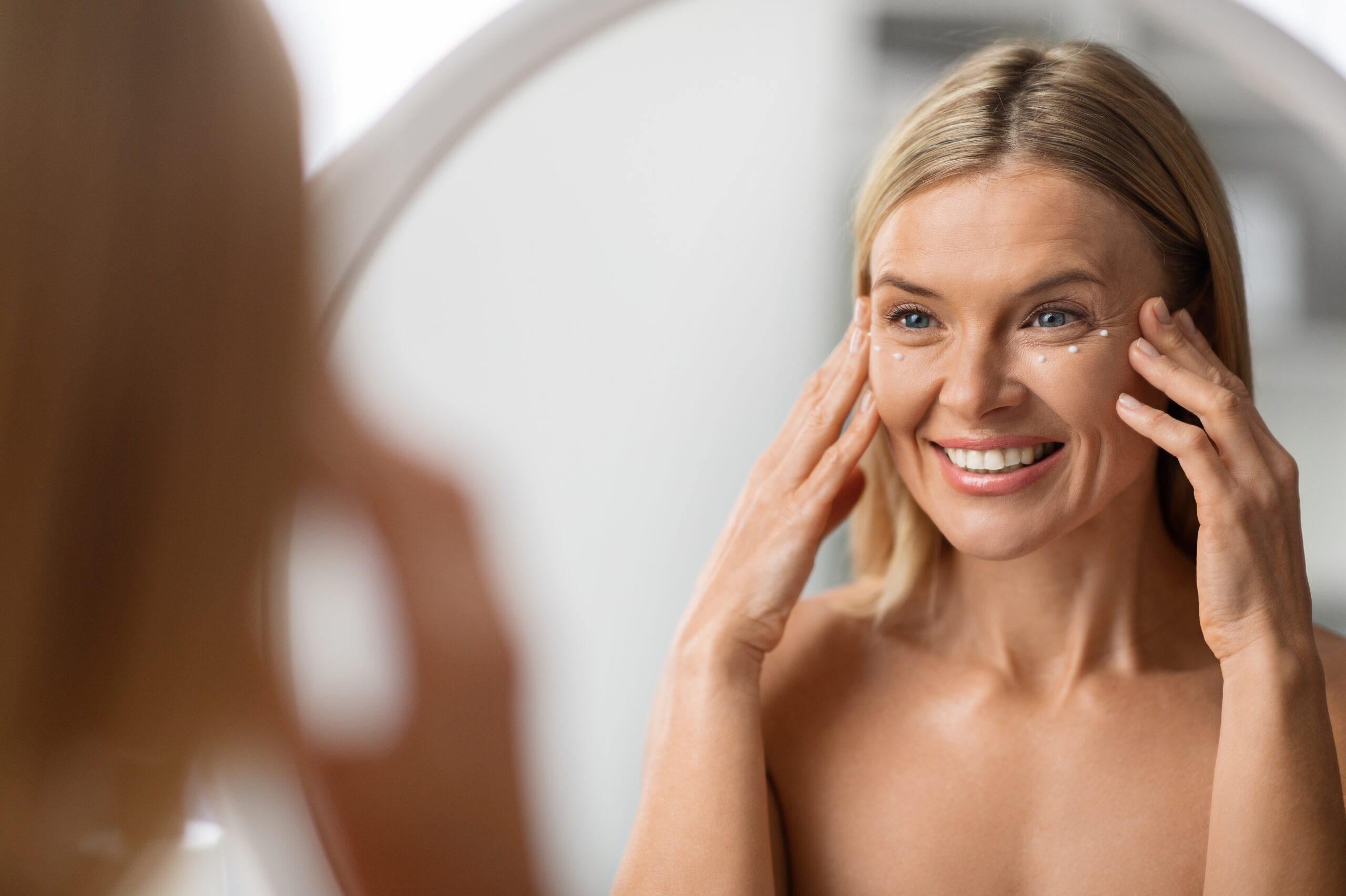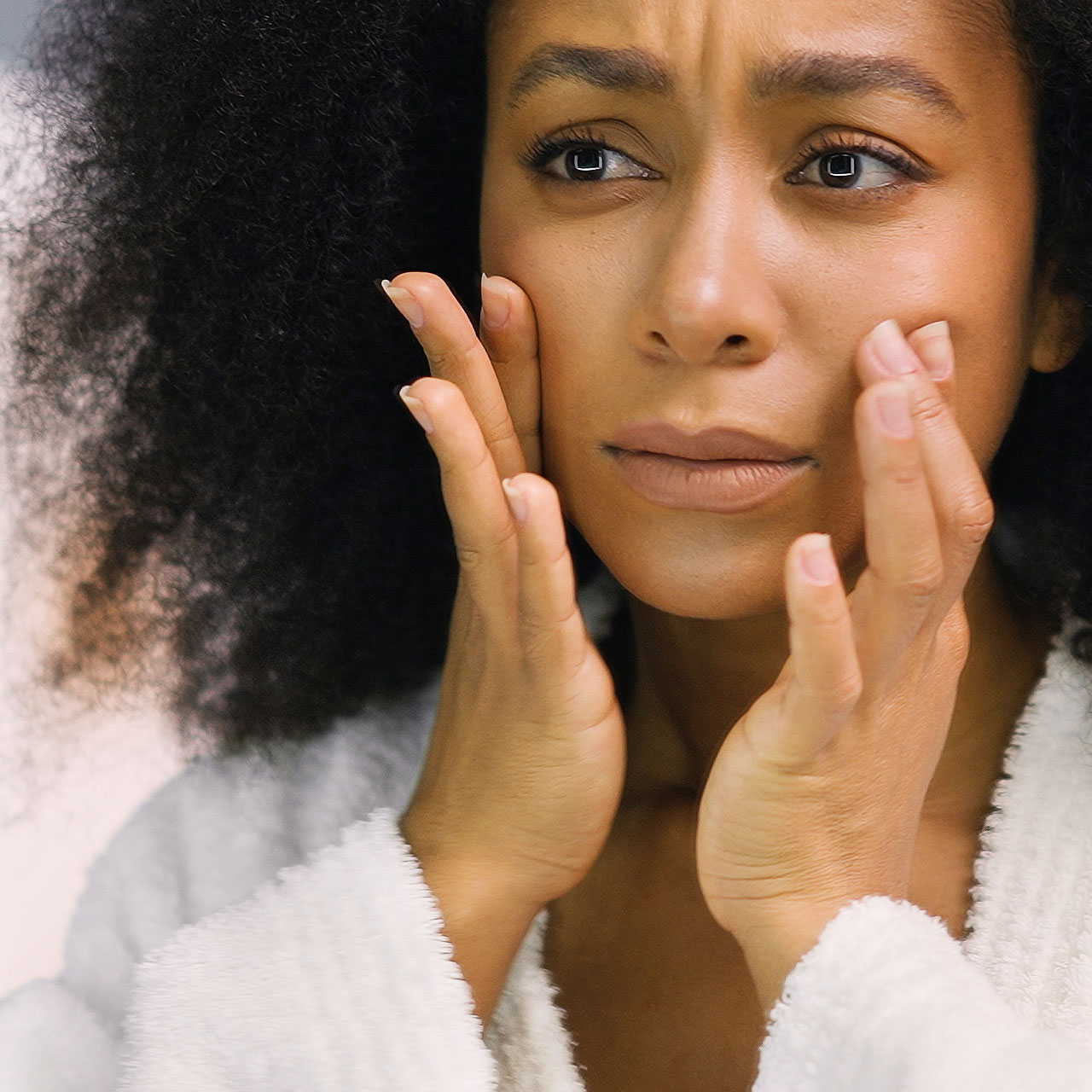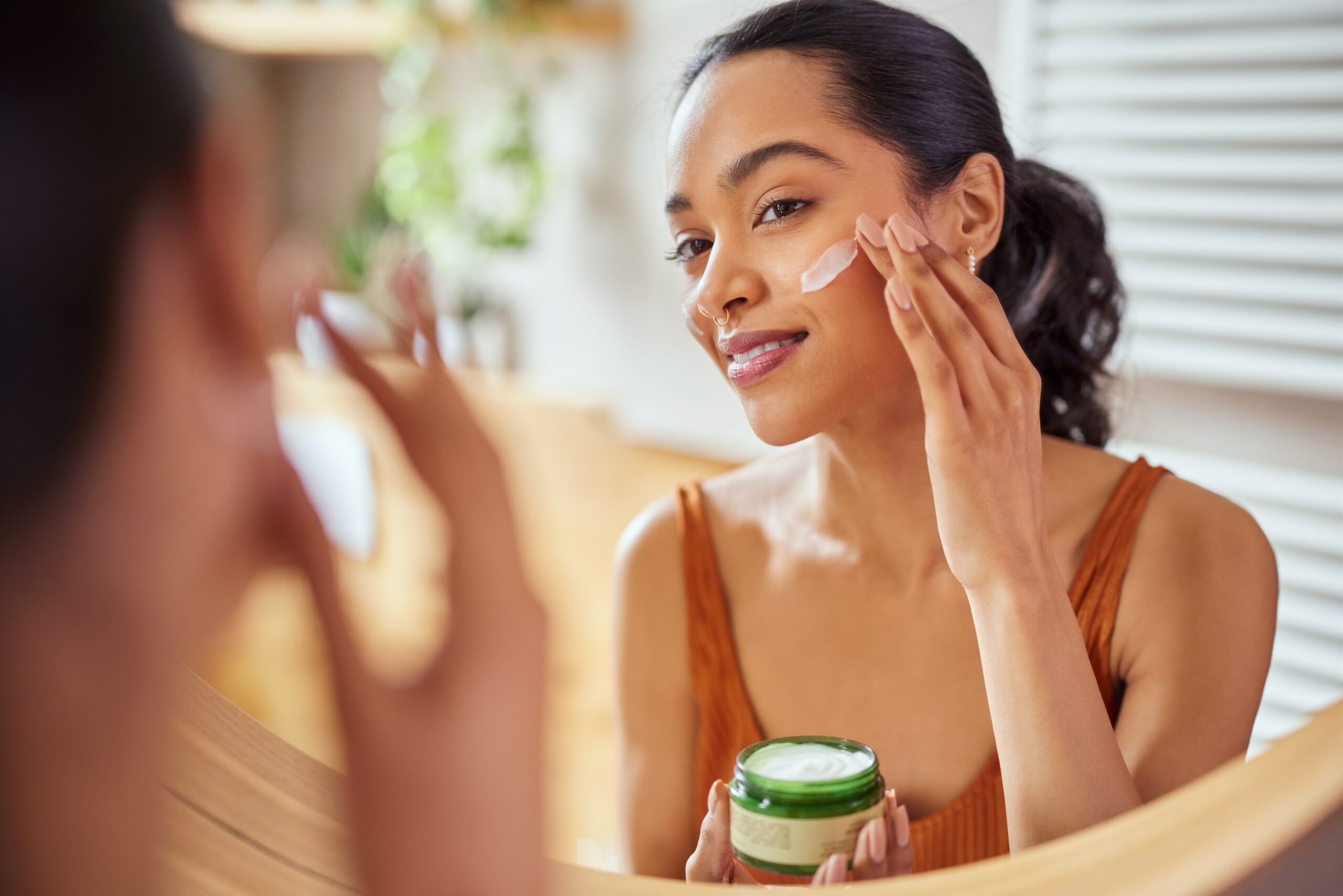While no one probably expects fast food to carry an array of health benefits, they may not be fully aware of its many drawbacks when it comes to skin health, experts say. We checked in with board-certified dermatologist Dr. Elaine F. Kung, M.D., FAAD, founder of Future Bright Dermatology to learn more about the effects frequent fast food consumption can have on our skin and complexions. We also spoke with skincare and anti-aging expert Dr. Kim Harris, ND, naturopathic medical doctor at Prescott Medical Aesthetics, to find out how these food types can impact aging skin, specifically, as well.

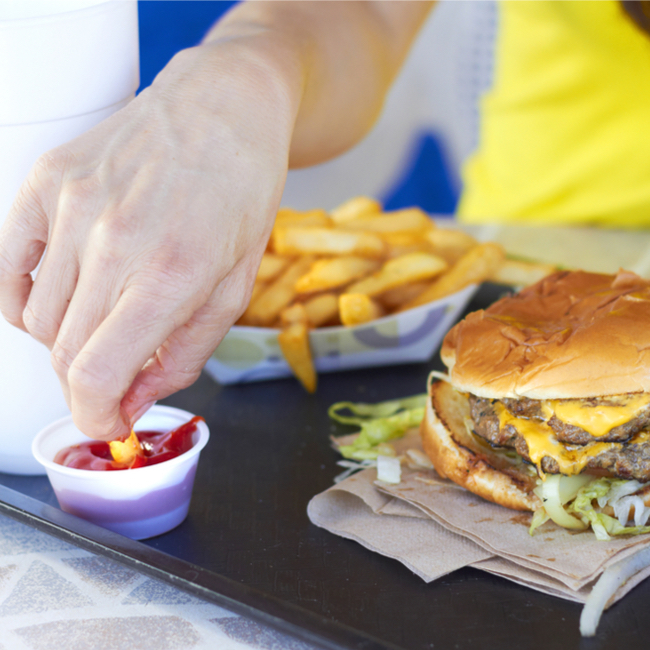
How Heavy Fast Food Consumption Runs The Risk Of Premature Aging
Along with health risks like diabetes, obesity and other negative effects of eating fast food often, Kung says that a diet full of similar foods can lead to premature aging in the skin. “Consuming excessive amounts of ultra-processed foods such as fast snacks, drinks, and instantly ready meals like fast food shortens DNA markers, representing an individual’s biological age,” she says. This, she explains, “significantly increases the risk” of premature aging.
Harris agrees, and notes that the “unhealthy fats, refined sugar, and chemicals” found in fast food can “also damage collagen and elastin, the proteins that keep skin looking plump and youthful.” This damage, she stresses, “leads to premature wrinkles, sagging skin, and an overall loss of radiance.”

Additional Drawbacks: It Causes Inflammation & Dehydration
Harris says that fast food is “loaded with unhealthy fats, refined sugar, and chemicals,” (the same that can cause premature aging) that “also lead to inflammation” in the body. “This inflammation can manifest on the skin as acne, redness, and sensitivity,” she points out. Fast food is “notoriously high in salt, which can lead to dehydration and dry, dull skin,” Harris adds, while also sharing tips for avoiding the negative effects of fast food on your complexion.
“To avoid these negative effects, it is important to eat a healthy diet that includes plenty of fruits, vegetables, and lean protein,” Harris concludes, “In addition, be sure to drink plenty of water to keep skin hydrated from the inside out.”


